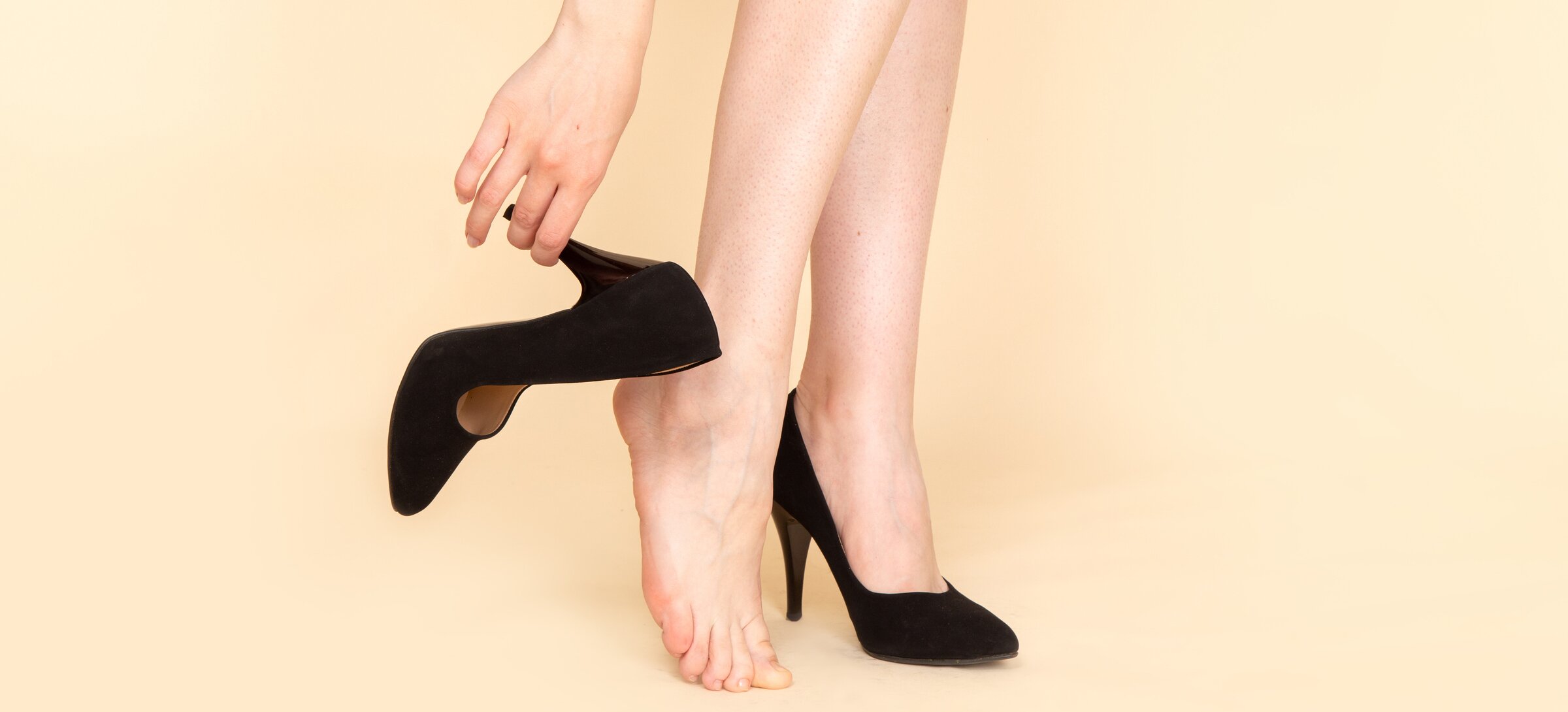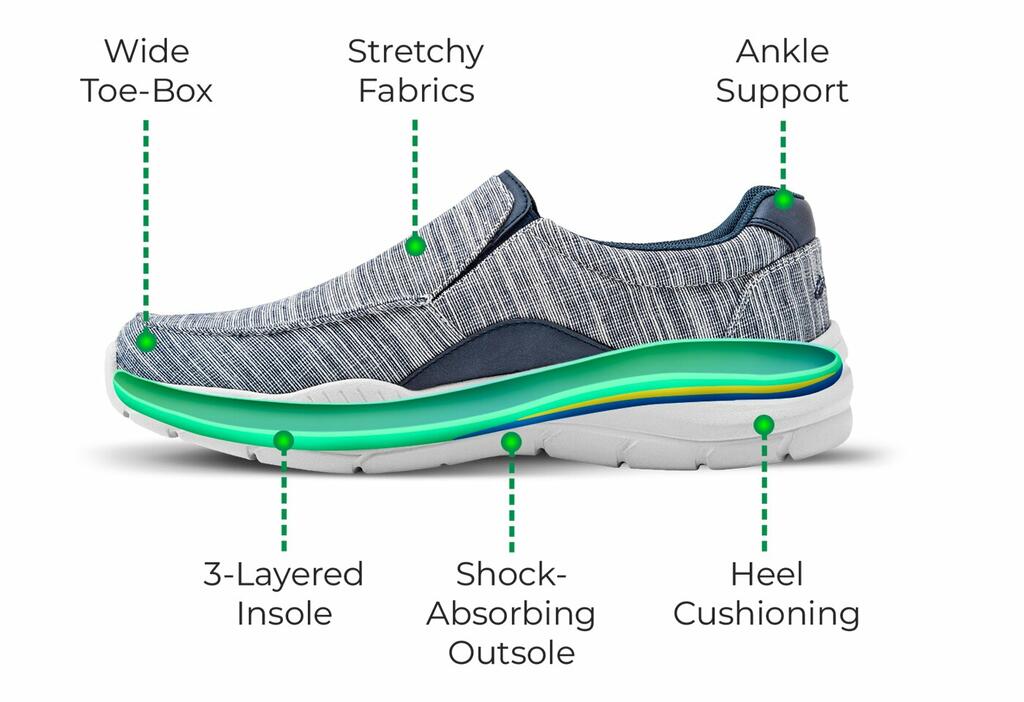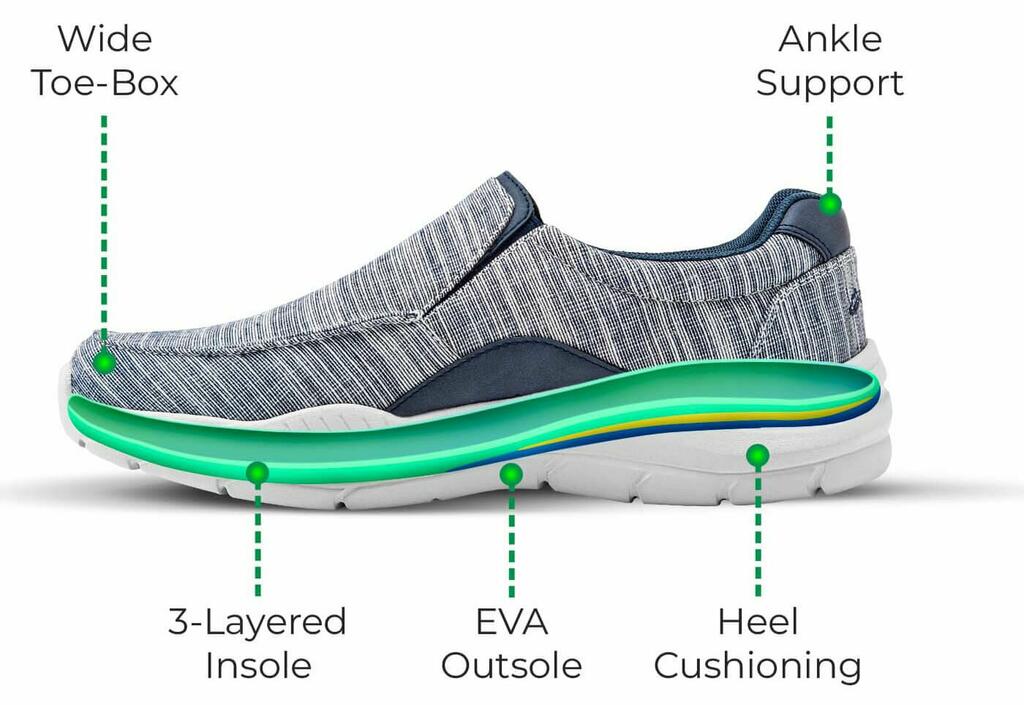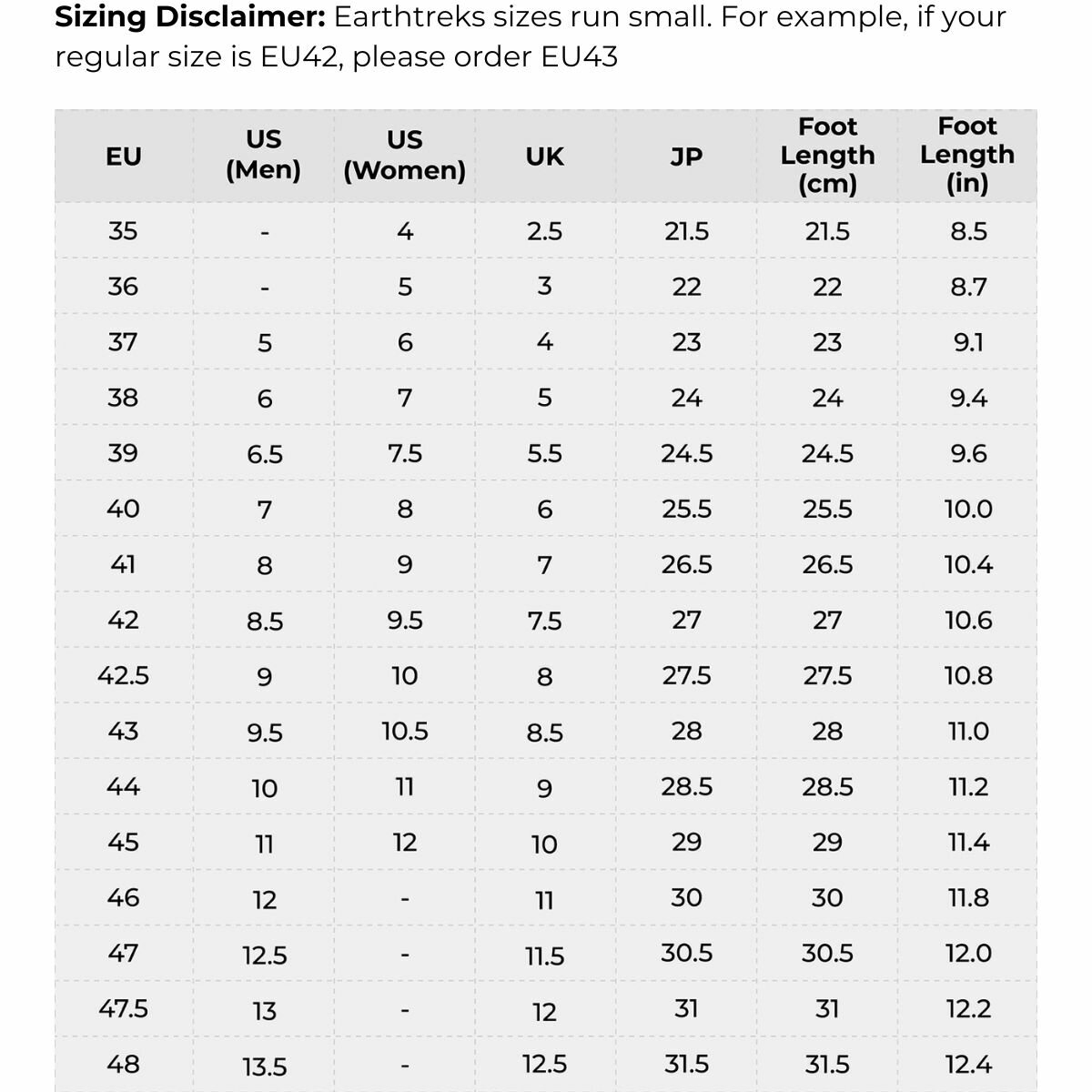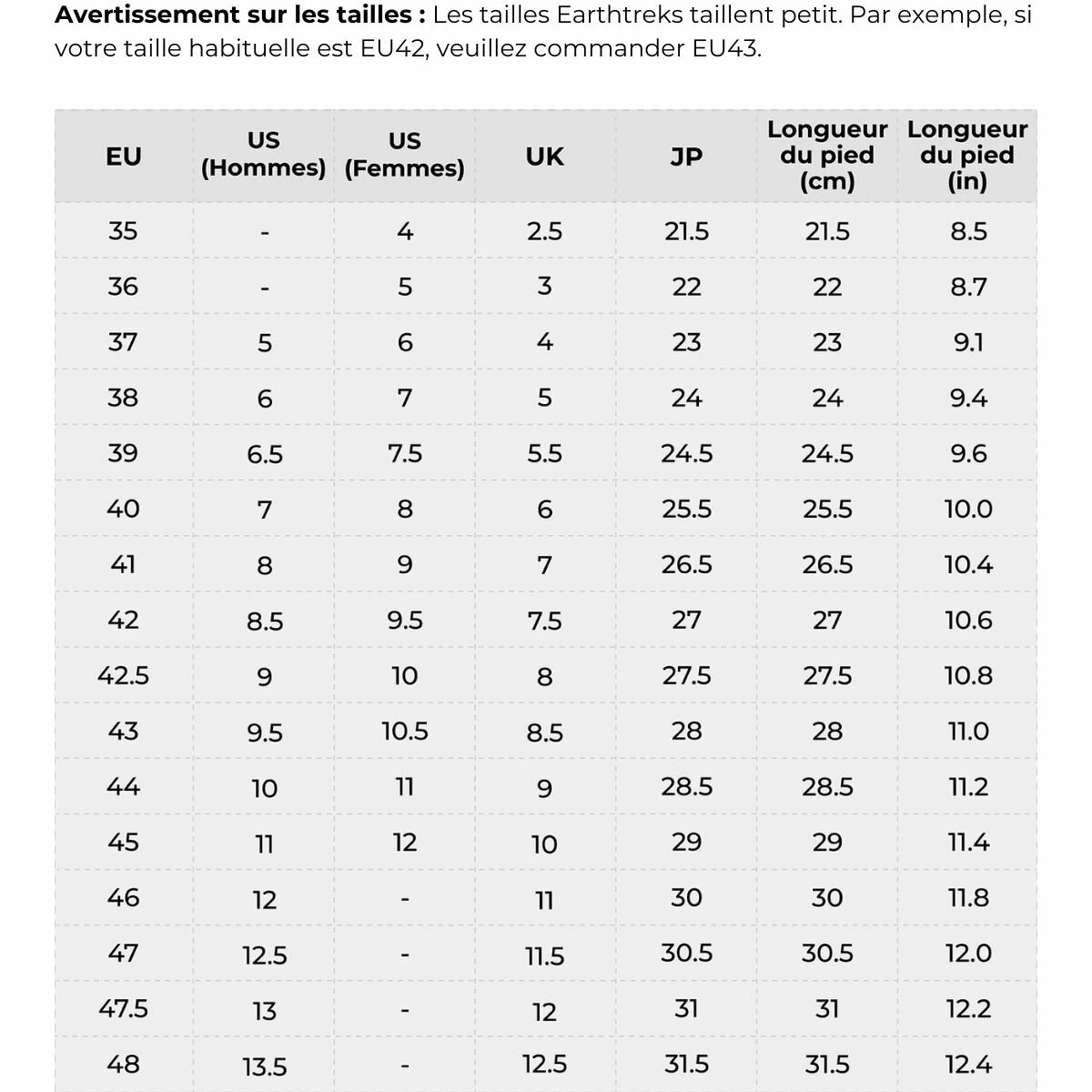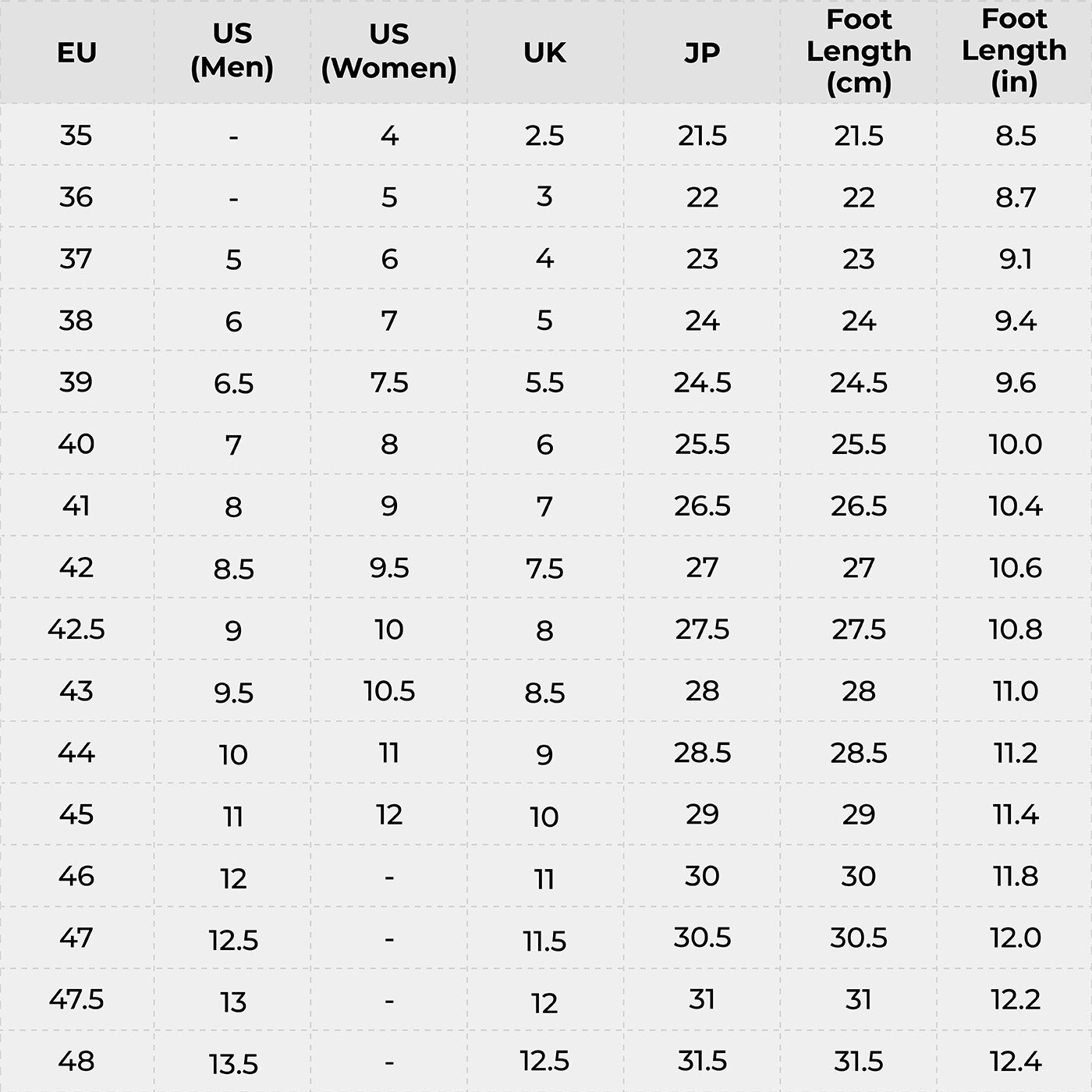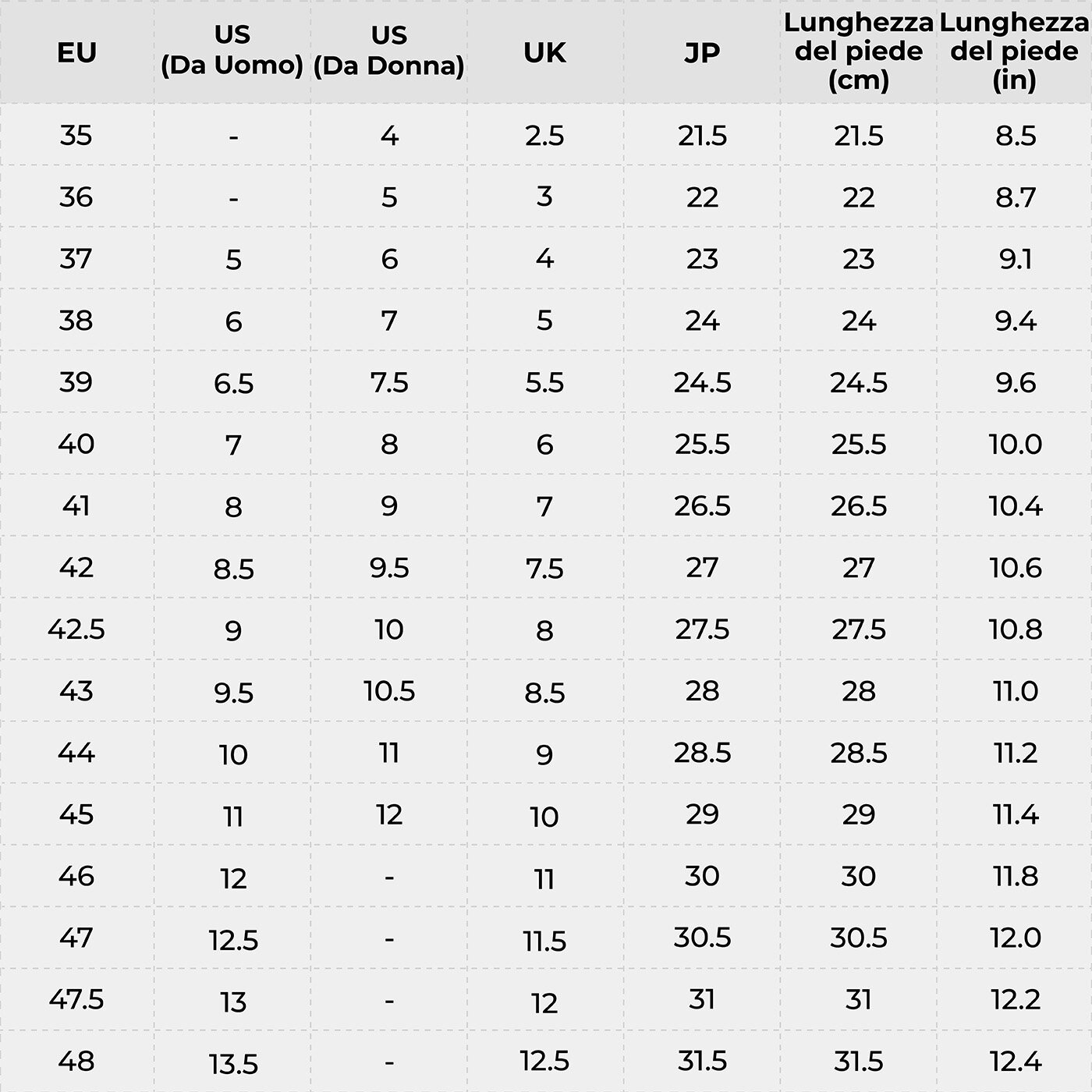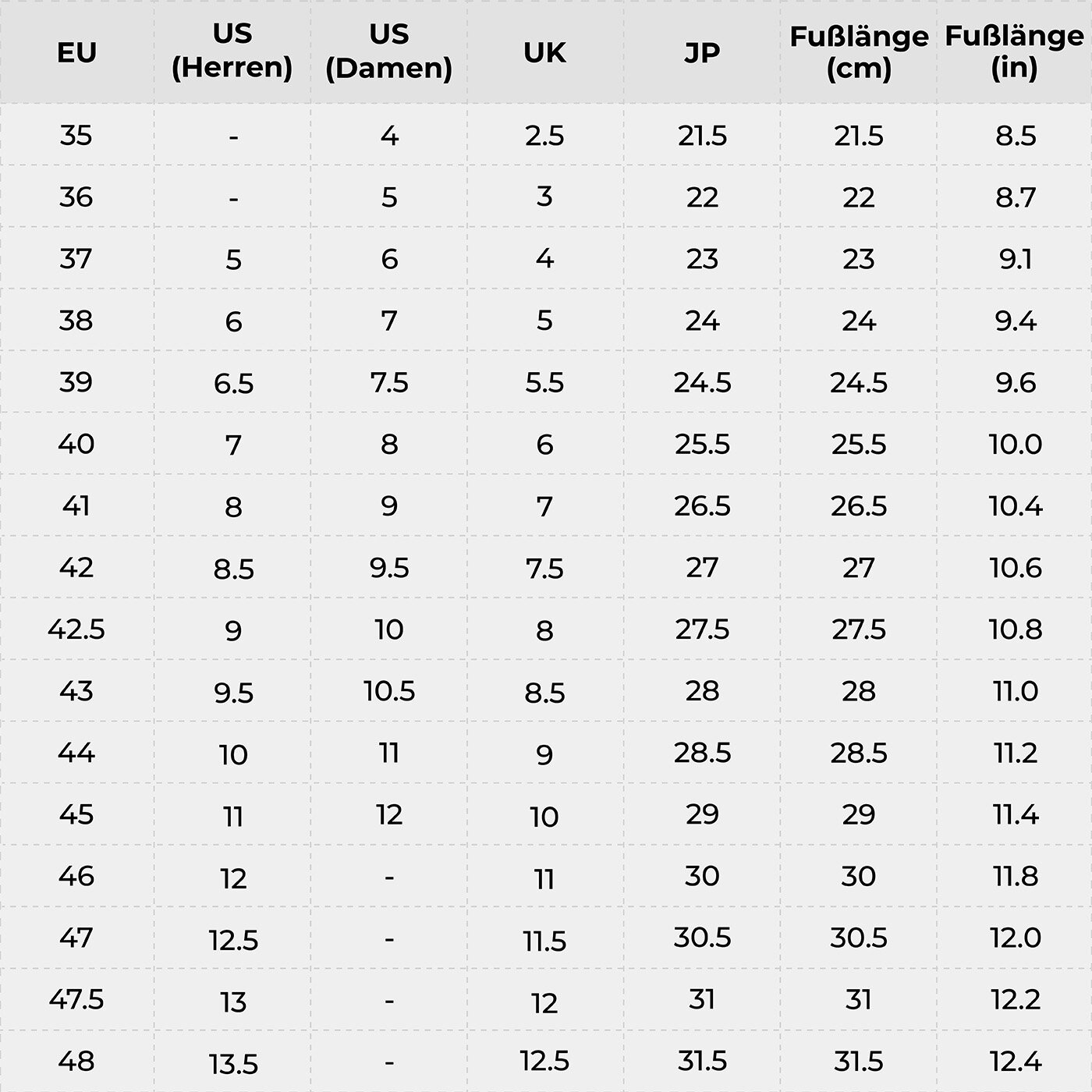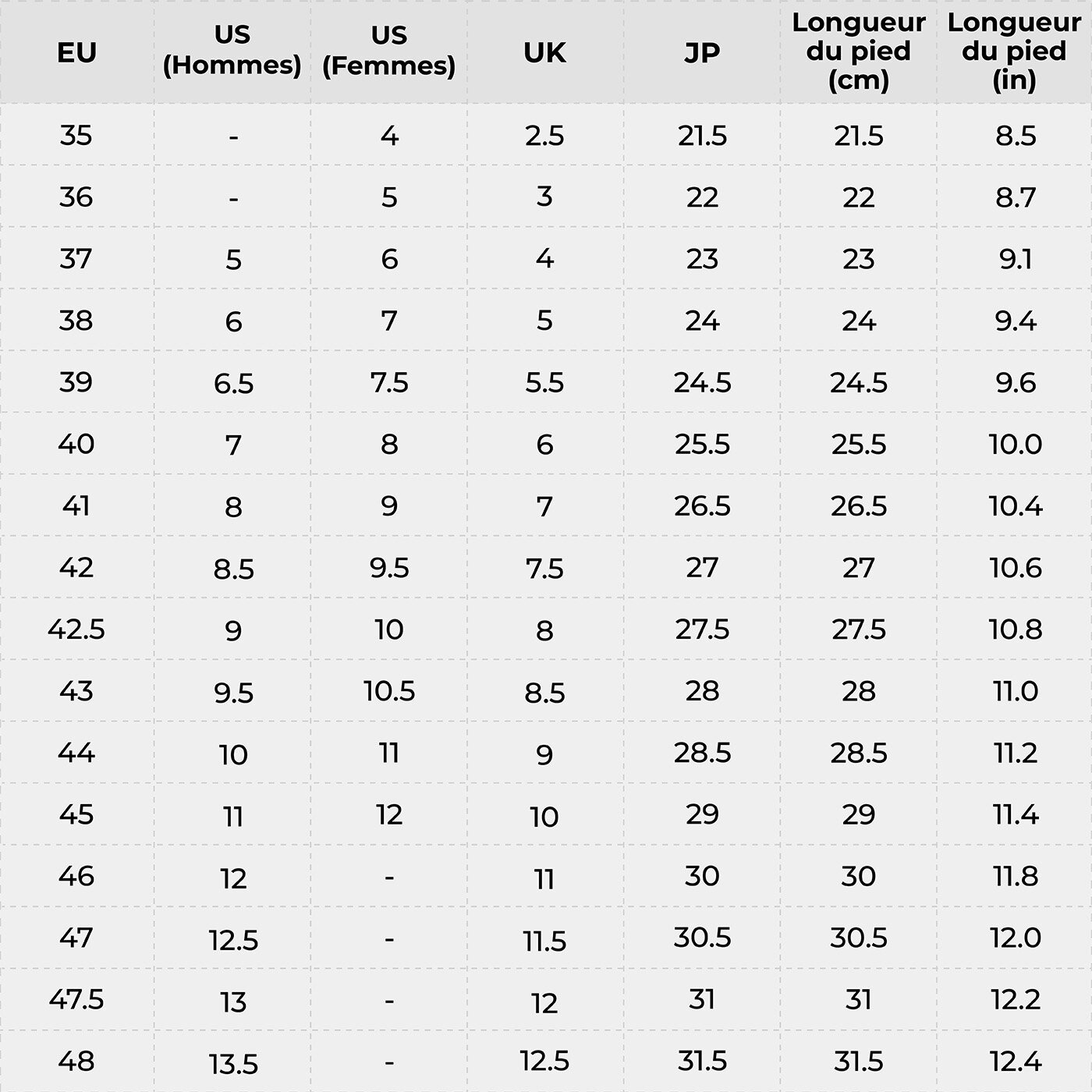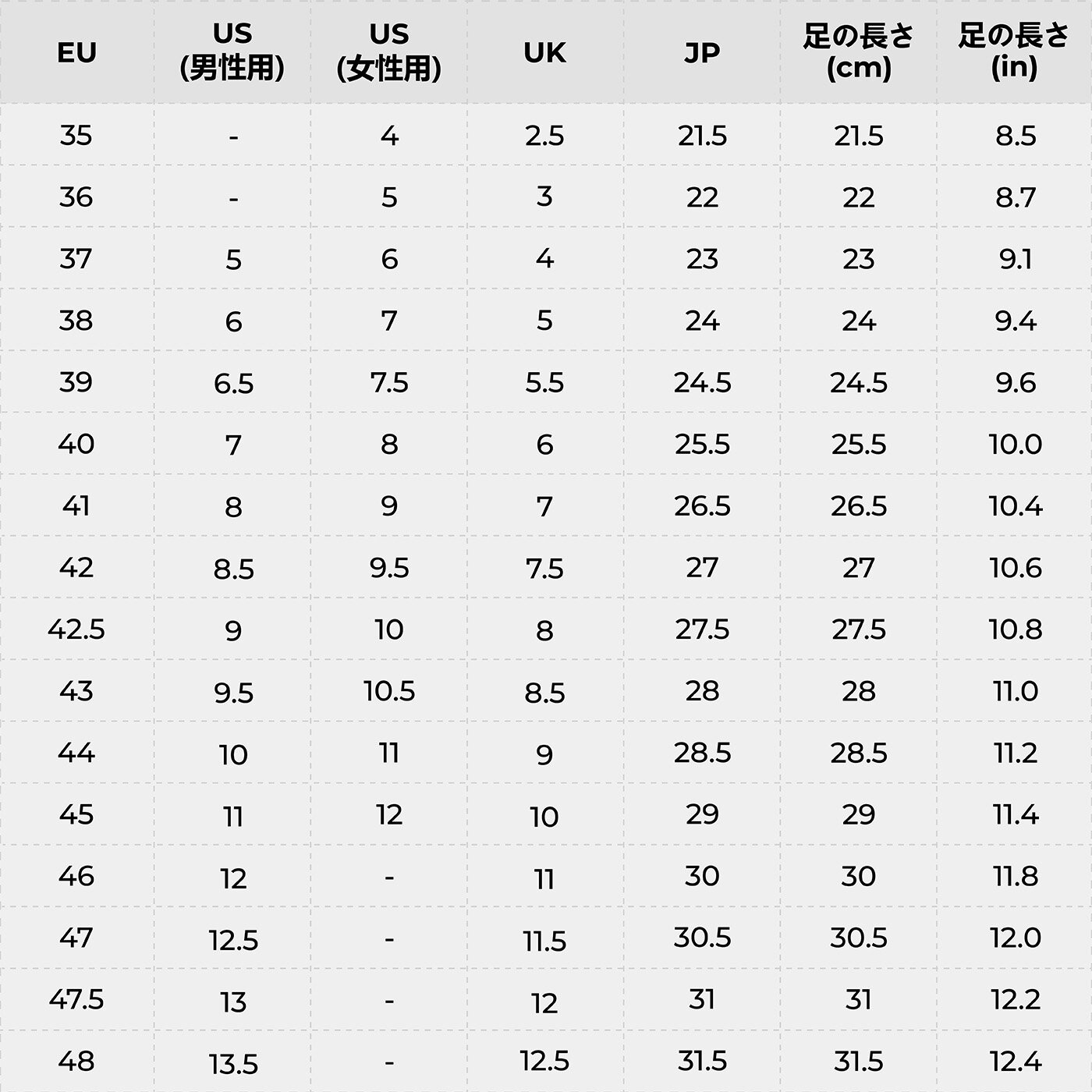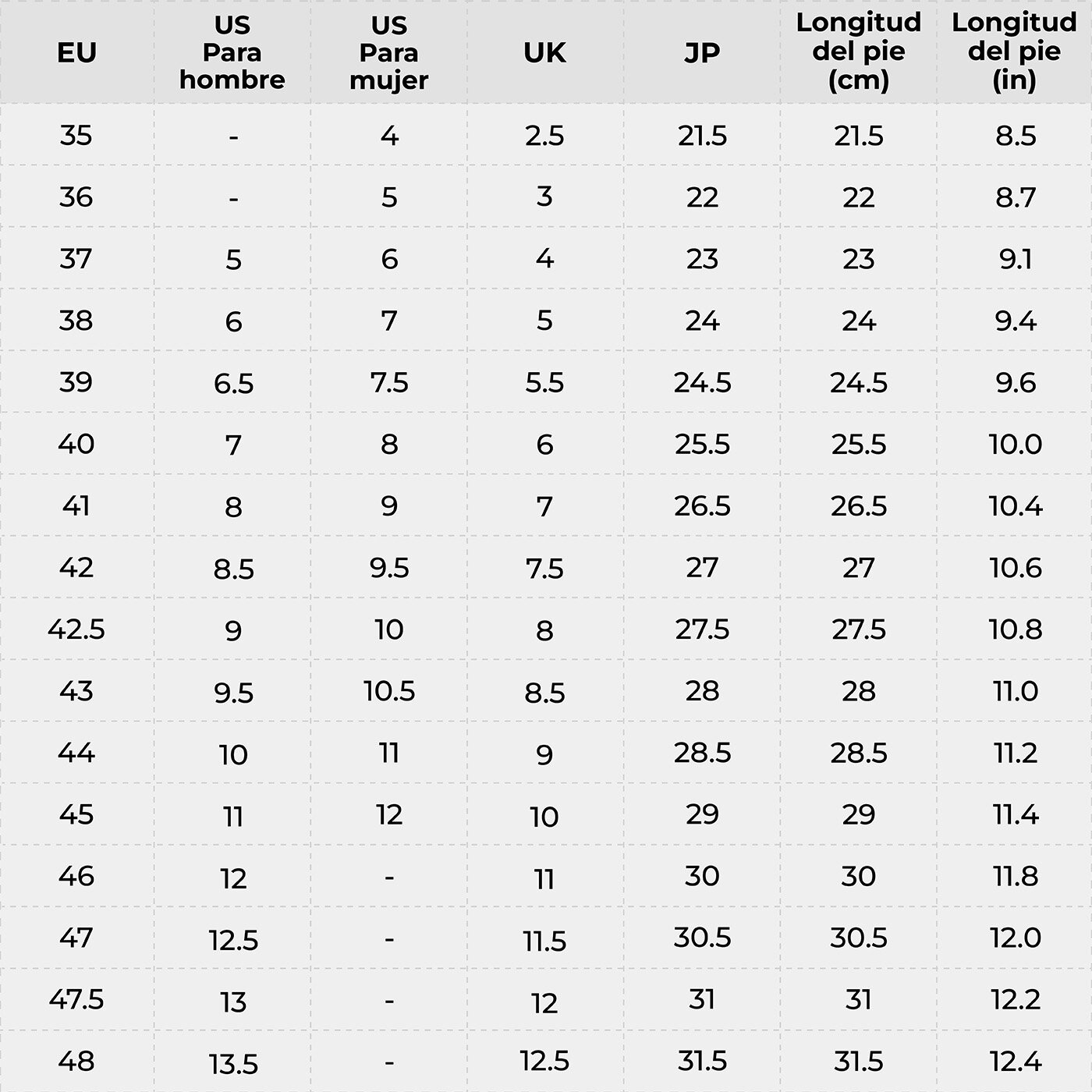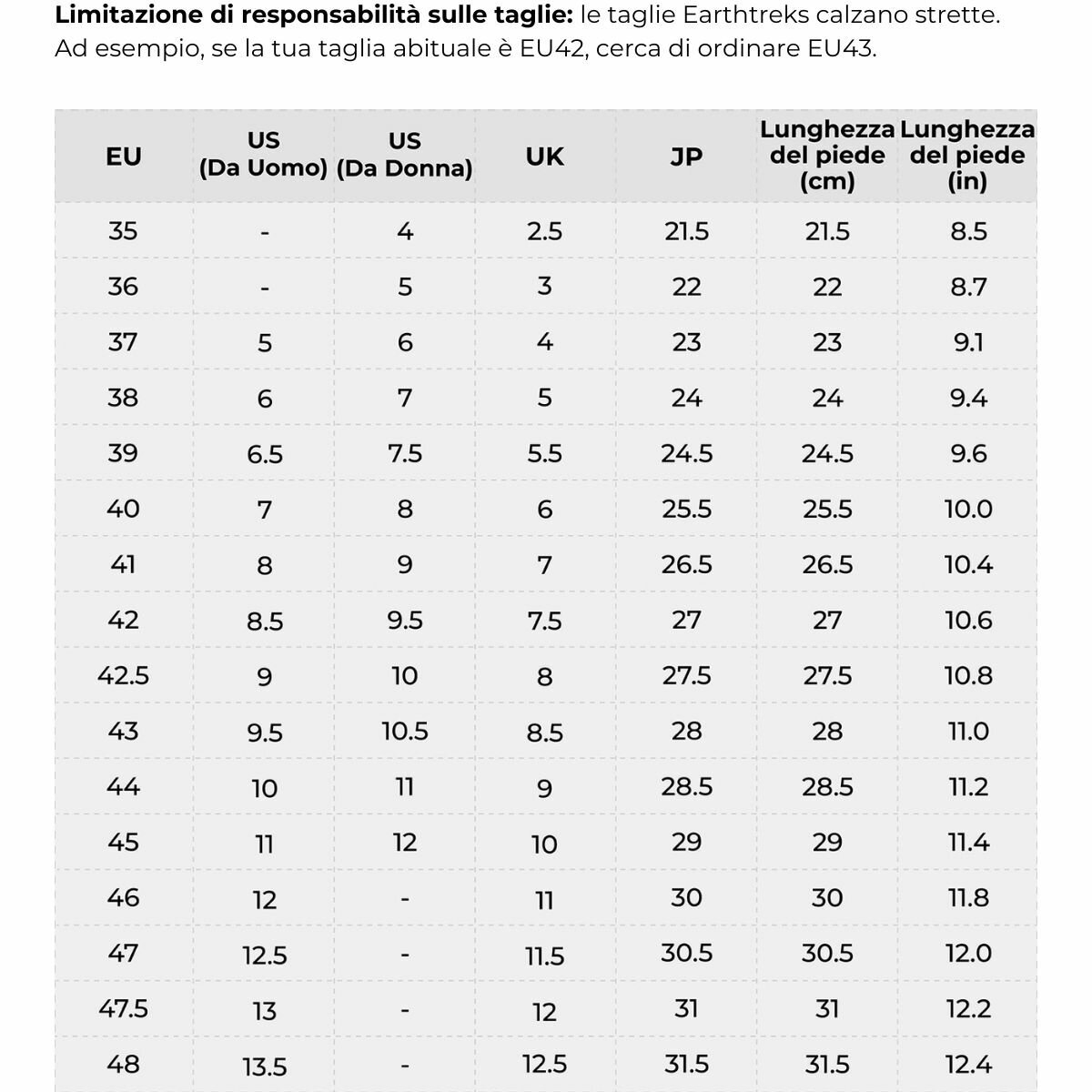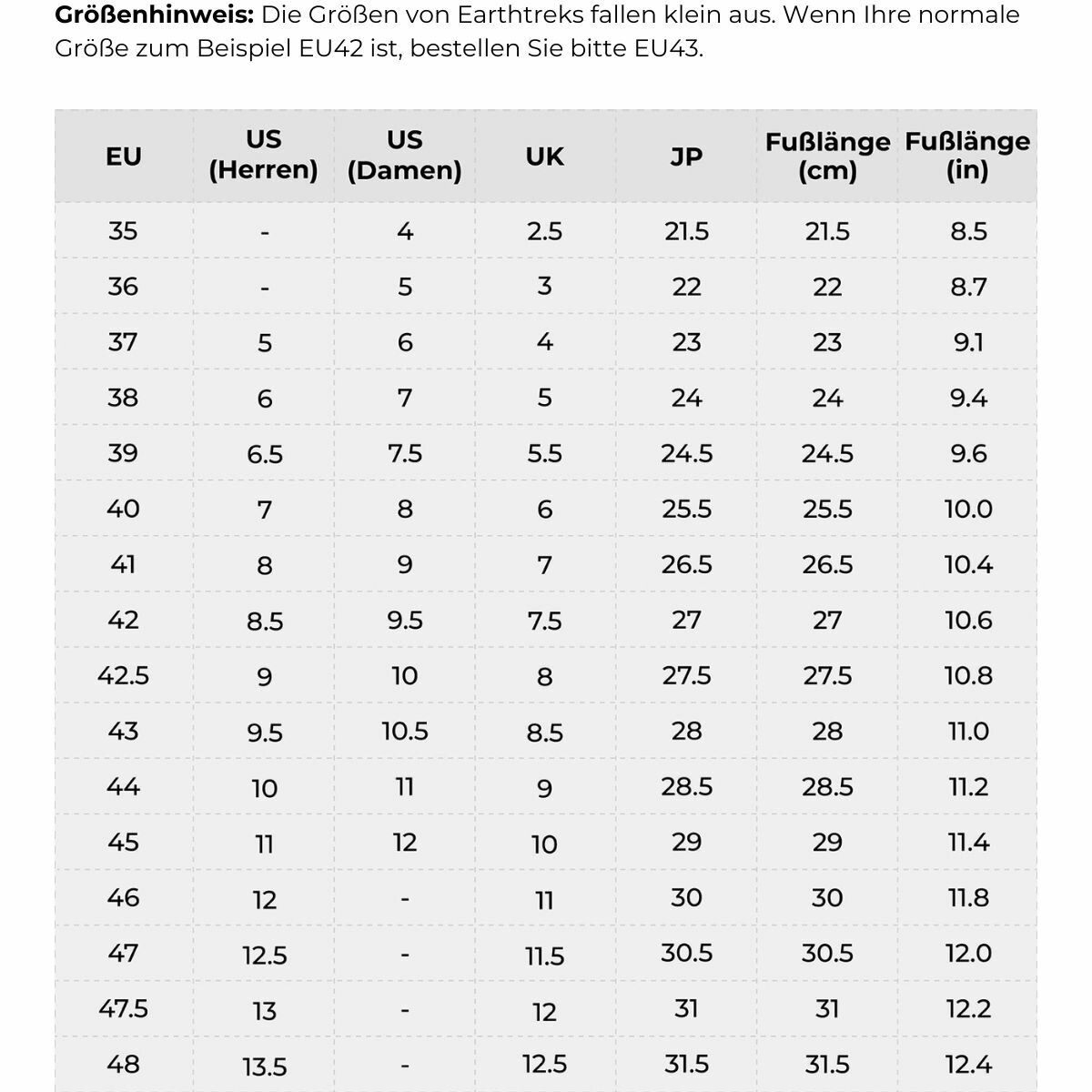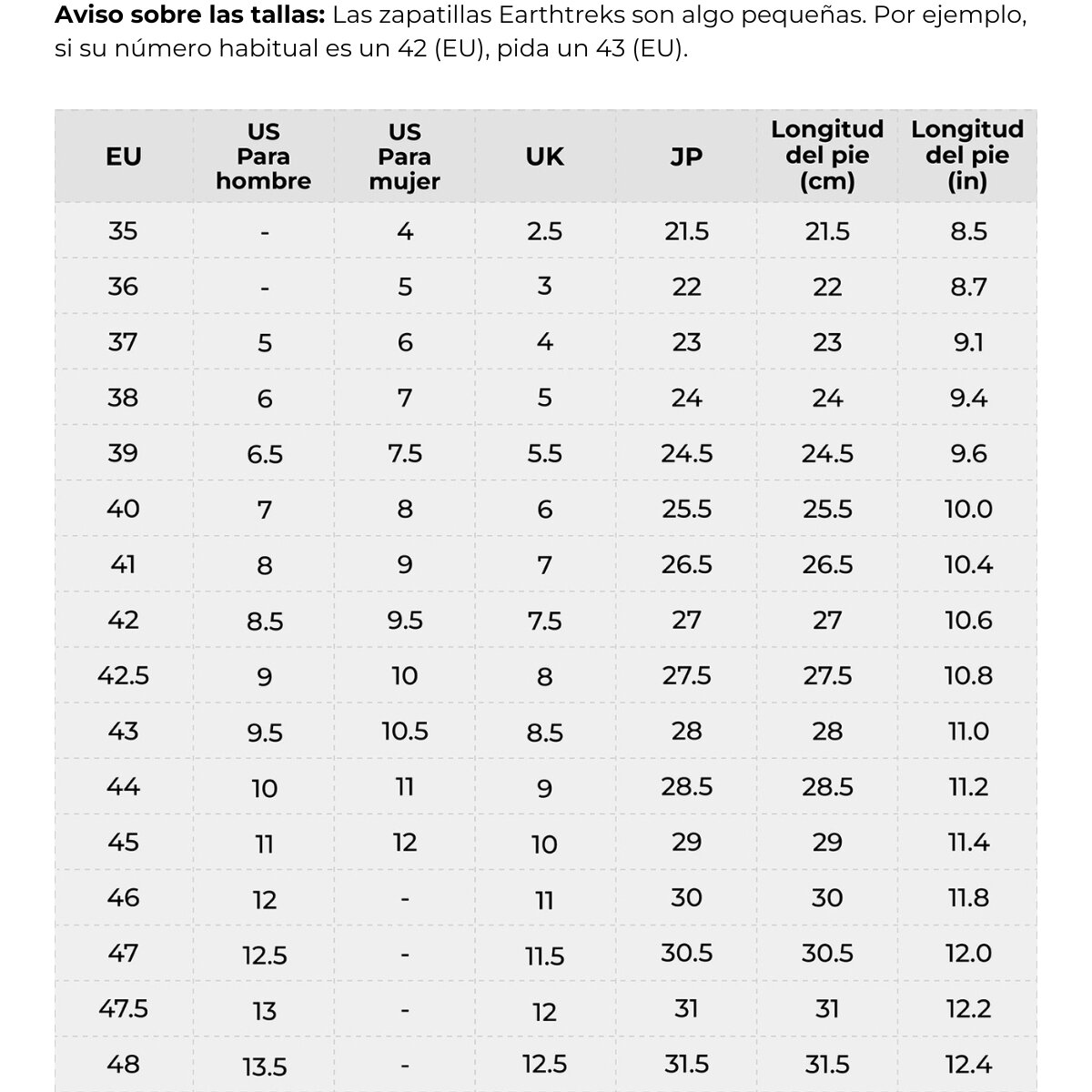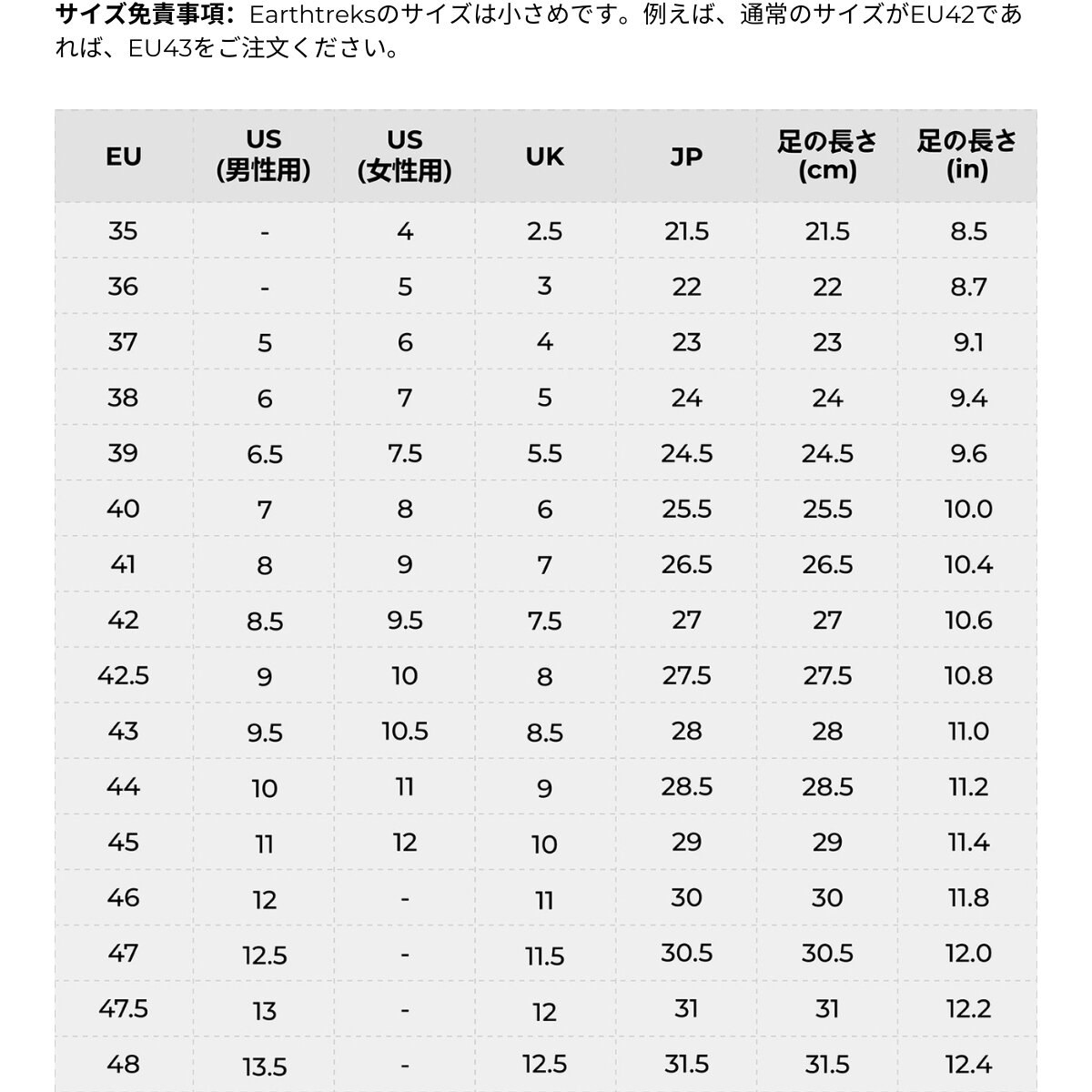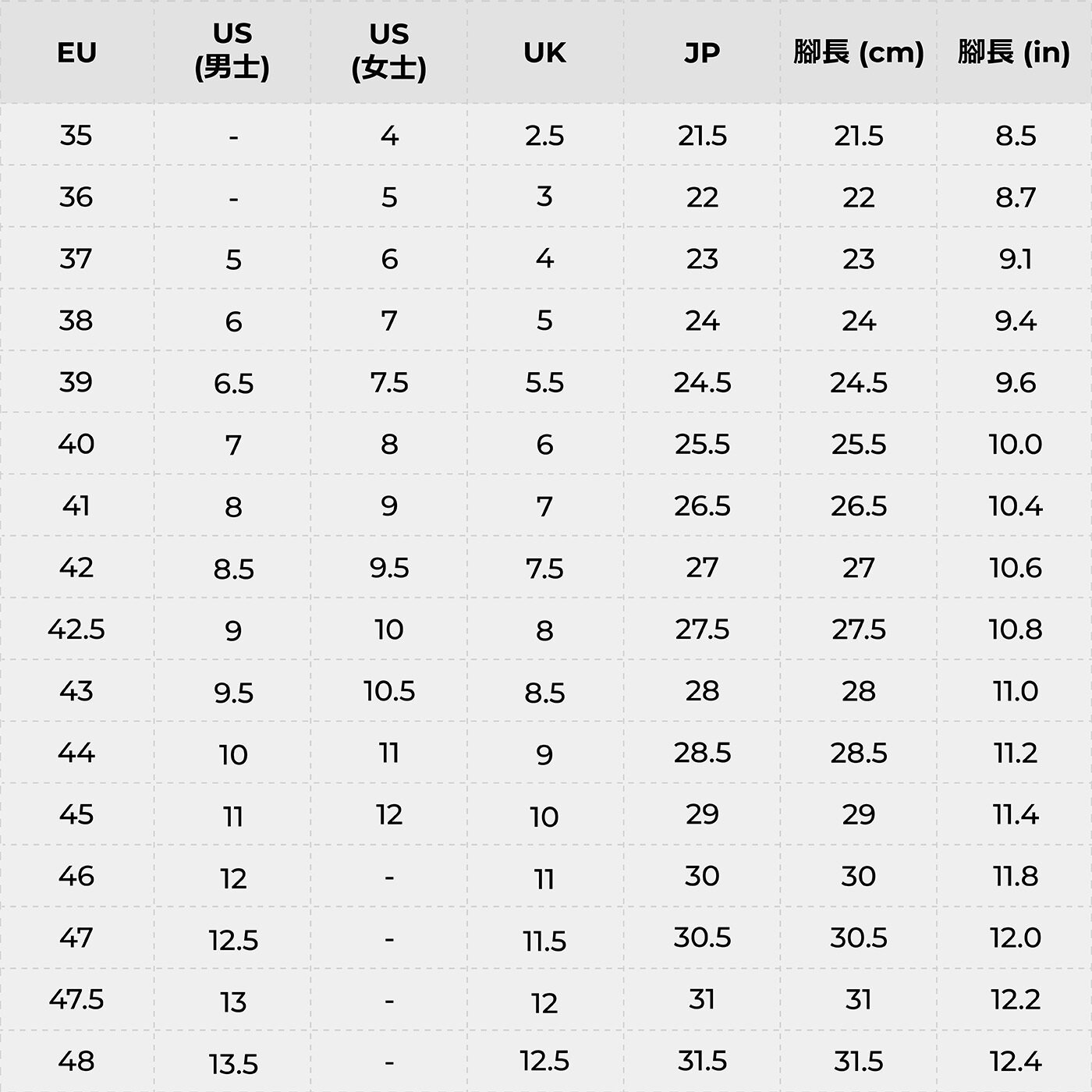Switching to Canles footwear was a game-changer for me. Dealing with arthritic pain in both of my feet used to make each step a struggle. However, within a few days of wearing these shoes, I noticed a dramatic decrease in discomfort.
Foot pain is a common ailment that affects millions of women worldwide. It can stem from a variety of causes, ranging from the type of shoes you wear to underlying health conditions. Fortunately, one of the most effective ways to alleviate this discomfort is through the use of orthopedic shoes for women.
These specially designed shoes offer support, comfort, and relief, making them a worthwhile investment for anyone struggling with foot pain. In this article, we’ll explore the top 10 causes of foot pain in women and how orthopedic shoes can provide much-needed relief.
Understanding Foot Pain
Before diving into the causes, it’s important to understand why foot pain occurs. The foot is a complex structure consisting of bones, ligaments, tendons, and muscles. When something goes wrong with any of these components, it can lead to pain and discomfort. Identifying the cause of your foot pain is the first step towards finding an effective solution.
The Top 10 Causes of Foot Pain
in Women
1. High Heels and Ill-Fitting Shoes

High heels shift your body’s weight to the balls of your feet, which can lead to a plethora of foot problems, including metatarsalgia, bunions, and neuromas. Prolonged wearing of tight, narrow shoes can exacerbate these issues, leading to chronic pain.
Opting for orthopedic shoes for women, which combine fashion with functionality, can significantly reduce discomfort. These shoes are crafted to provide a balance between style and comfort, featuring wide toe boxes, supportive insoles, and materials that conform to the shape of your foot without squeezing or rubbing.
2. Pregnancy
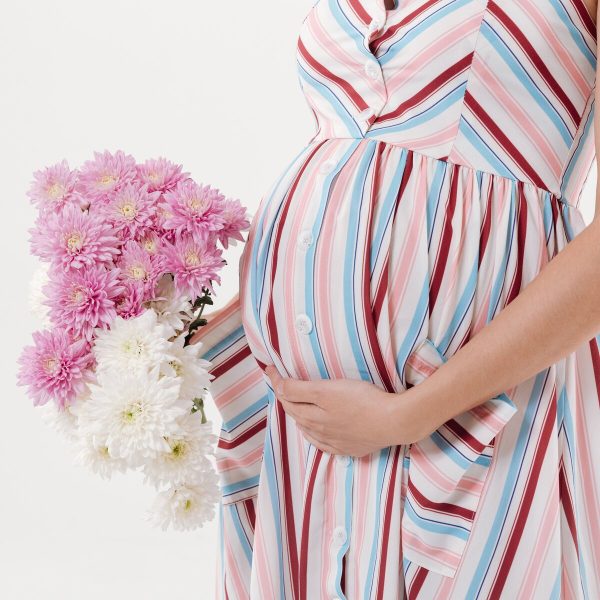
3. Hormonal Changes

Hormonal fluctuations throughout a woman’s life, particularly during menstruation, pregnancy, and menopause, can affect the laxity of ligaments in the feet. This increased flexibility can lead to arch pain and exacerbate conditions like plantar fasciitis. Shoes with enhanced arch support and stability can mitigate these effects, offering a foundation that helps manage pain and maintain foot health during hormonal changes.
4. Osteoporosis
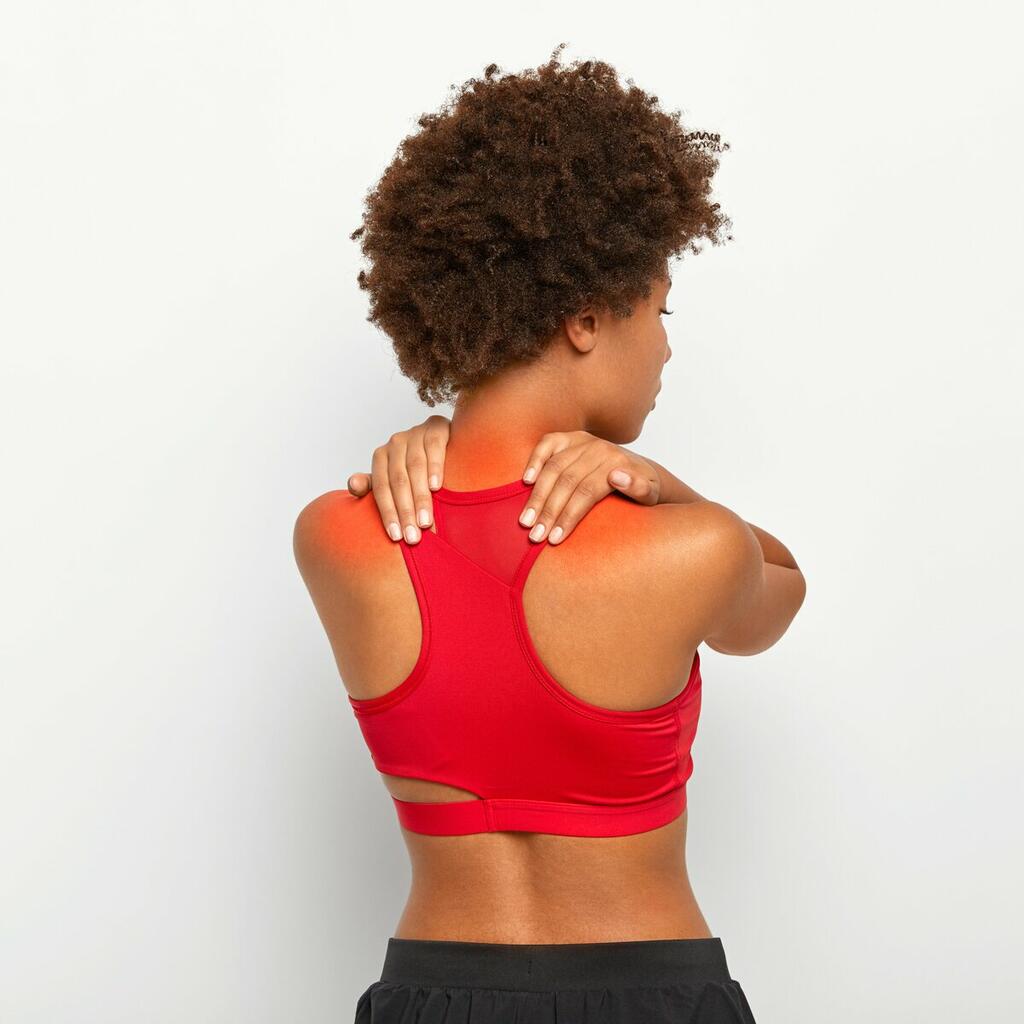
5. Rheumatoid Arthritis

6. Bunions and Hammer Toes

Bunions and hammer toes are more common in women, often exacerbated by narrow, restrictive footwear. These conditions lead to significant deformities and discomfort. Orthopedic shoes designed for women not only provide the necessary room to accommodate these deformities but also help to prevent further progression by ensuring the foot is properly aligned and supported.
7. Plantar Fasciitis
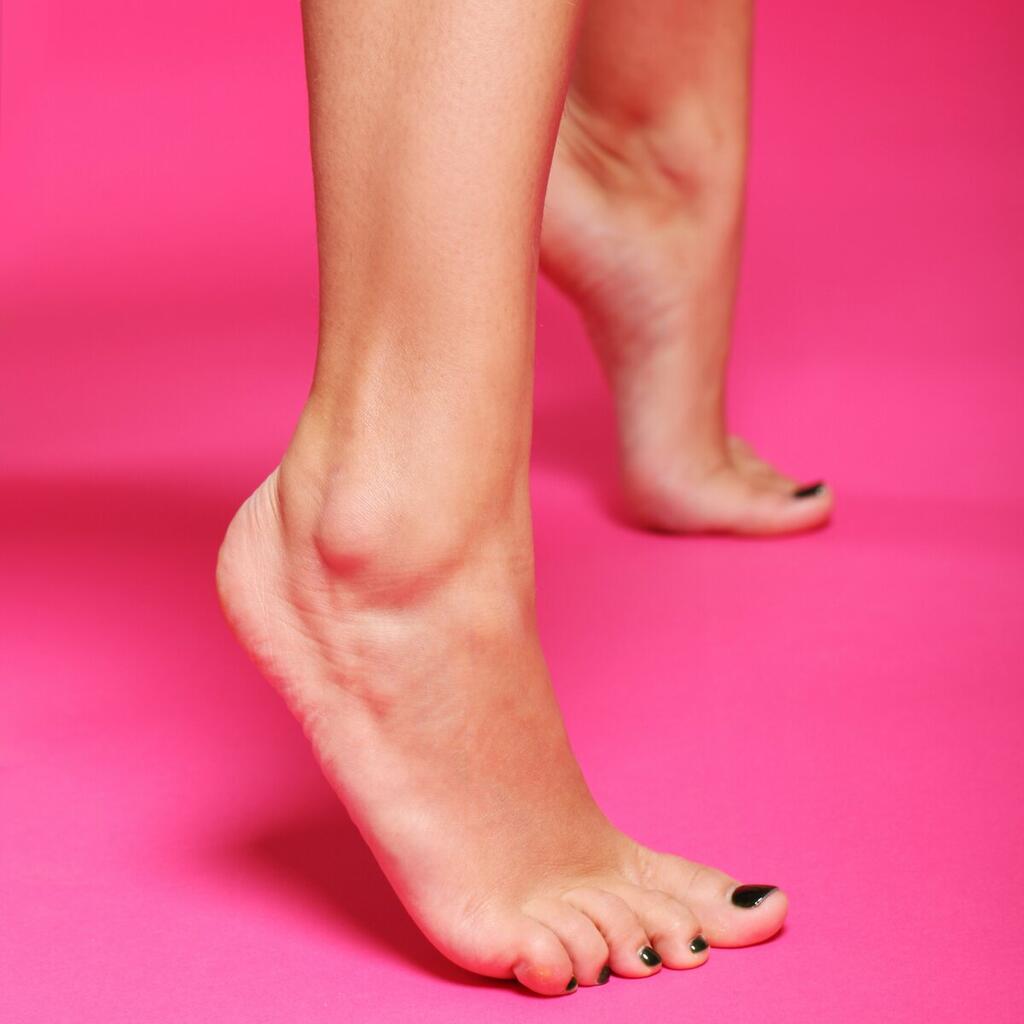
8. Morton's Neuroma
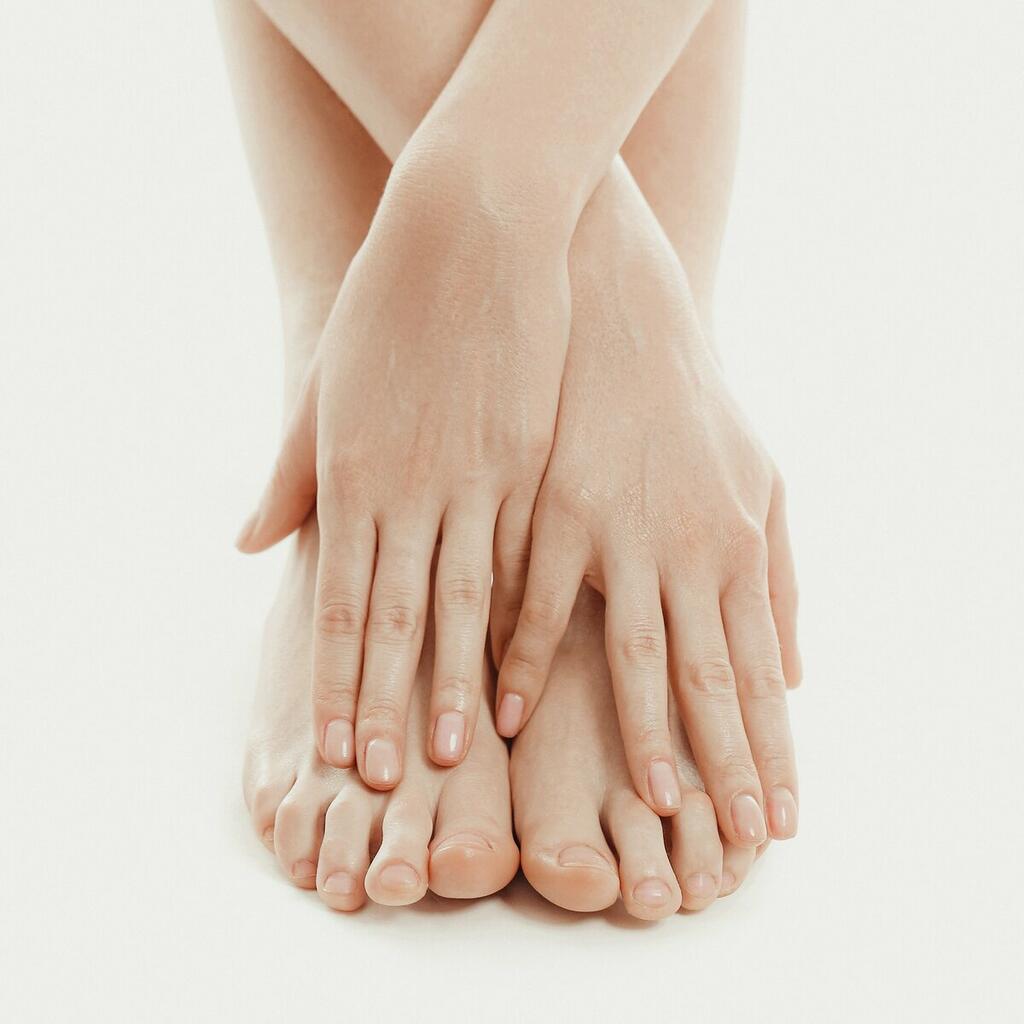
9. Post-Pregnancy Foot Changes
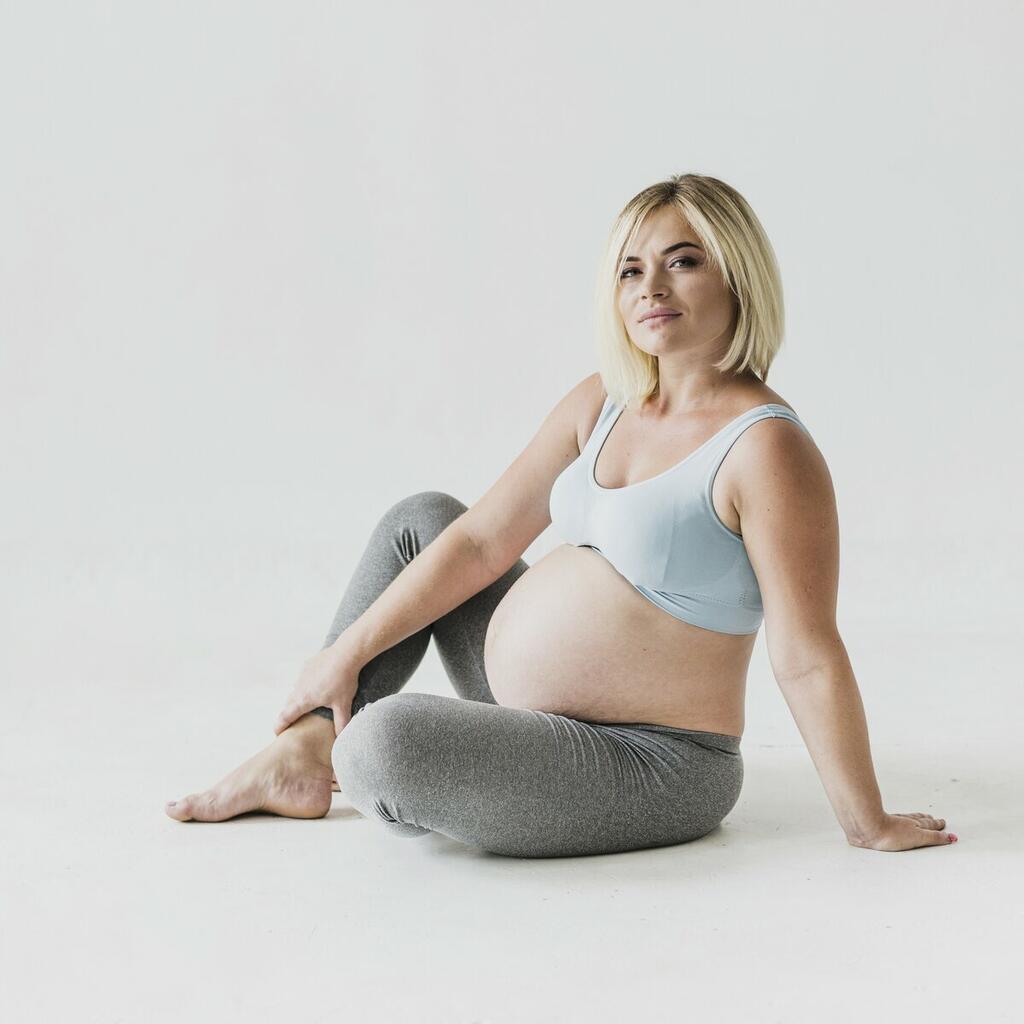
10. Weight Fluctuations
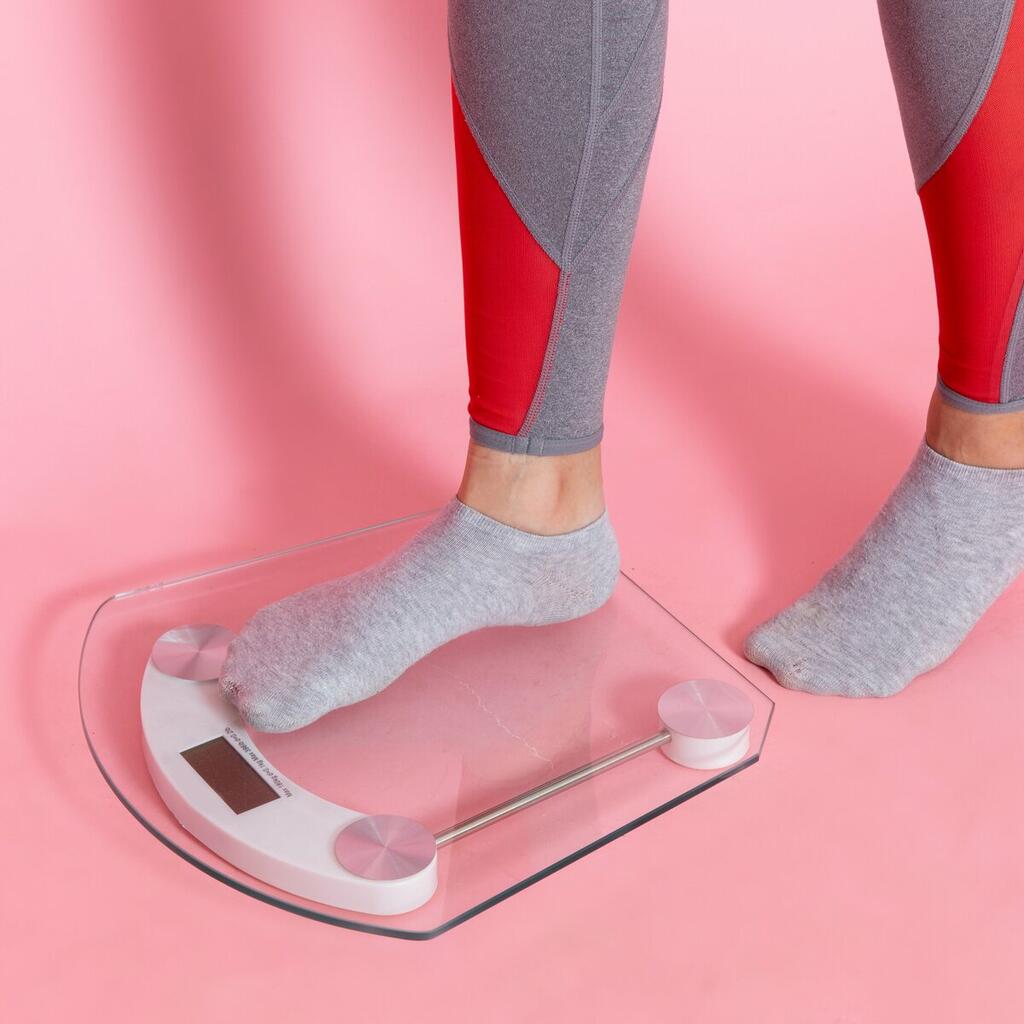
Choosing the Right Orthopedic Shoes
for Women
When you’re on the hunt for orthopedic shoes, it can feel a bit overwhelming. But don’t worry, I’ve got your back! Here’s how to sift through the options and pick the best pair for your unique feet.
1. Get Measured Properly
It might have been a while since you last had your foot measured. Our feet can change over time due to various factors like pregnancy, weight changes, or just the marching on of time. So, get a professional to measure your feet. Remember, size can vary between brands, so focus on the fit rather than the number.
2. Look for Key Features
Here’s what to keep an eye out for in good orthopedic shoes for women:
- Proper Fit: This is non-negotiable. Your toes need room to wiggle, and there shouldn’t be any pressure points.
- Support: Good arch support is like a hug for your feet. It keeps your foot stable and distributes your weight evenly.
- Cushioning: Especially important if you’re dealing with plantar fasciitis or heel pain. It absorbs the impact as you walk.
- Adjustability: Features like laces, velcro, or straps can help accommodate changes in foot size throughout the day (yes, that’s a thing!).
4. Material Matters
The right material can make a world of difference. Look for breathable fabrics to keep your feet cool and materials that offer a bit of stretch to accommodate bunions or swelling.
5. Think About the Sole
The sole of the shoe plays a crucial role in how comfortable your shoe is to walk in. Opt for shoes with soles that provide good traction and are made from materials that absorb shock. This can help prevent slips and falls and minimize the impact on your feet and legs as you move.
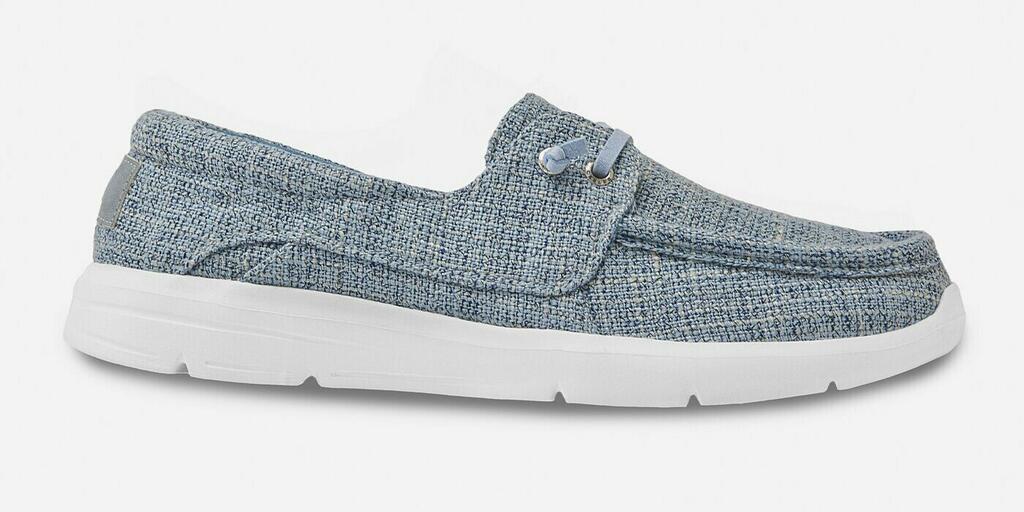
★★★★★ (1824)
Canles Cerys
Designed to provide unparalleled support and comfort for walking and daily activities.
$69.95
Our Final Thoughts
Women’s foot pain can stem from a variety of causes, many of which are specific to lifestyle choices and physiological changes. By understanding these causes and how orthopedic shoes can offer relief, women can take proactive steps toward healthier feet. Embracing orthopedic shoes as a stylish and comfortable solution can lead to significant improvements in foot health and overall quality of life.
Explore our selection of fashionable and functional orthopedic shoes for women today. Whether you’re dealing with pregnancy-related changes, hormonal fluctuations, or the aftermath of wearing high heels, there’s a perfect pair waiting to bring you relief and comfort. If you want to know more about orthopedic shoes for women, check out our lovely selection!

